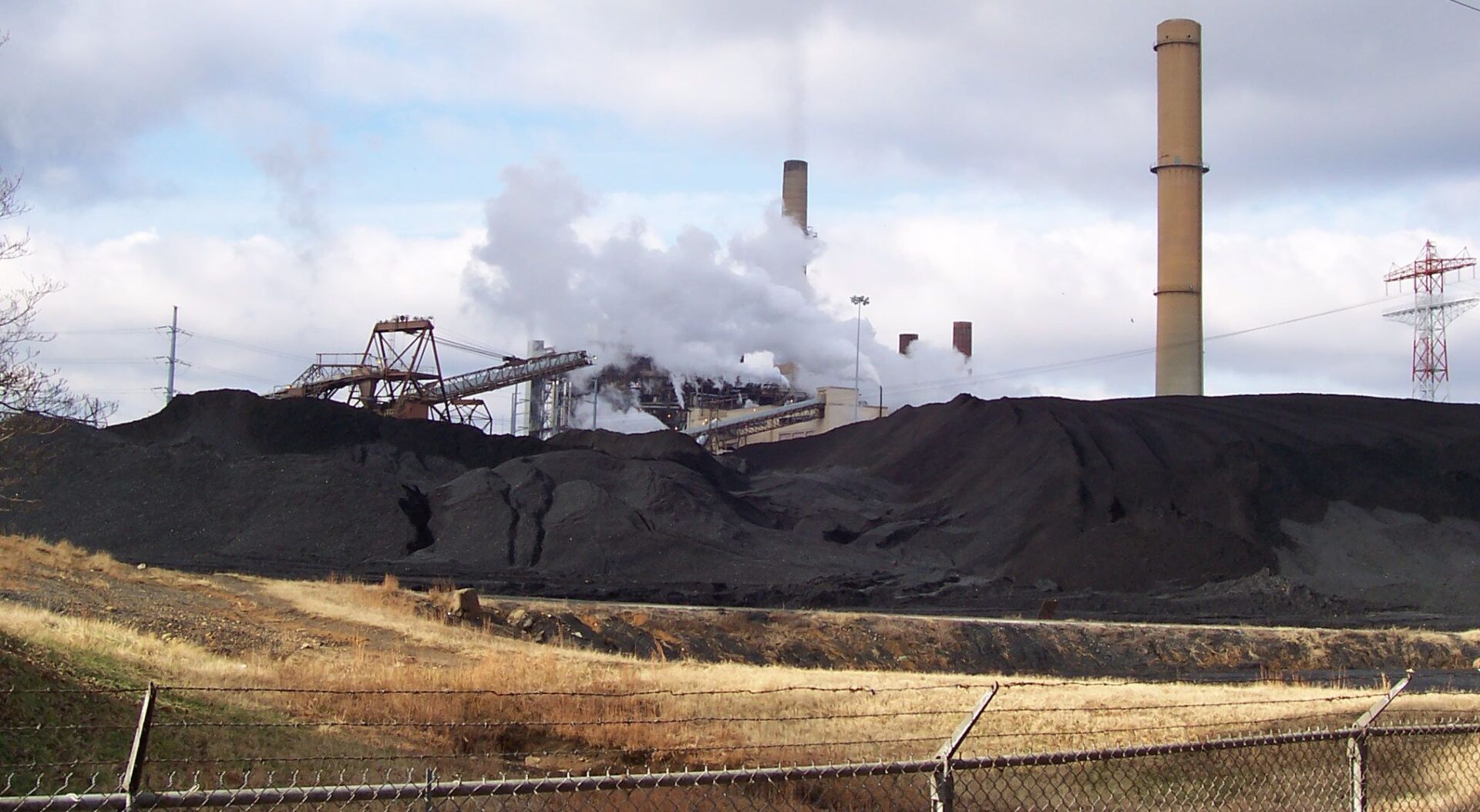
Dominion’s coal fired power plant beside the James River at Dutch Gap, Virginia
We know the coal industry is getting away with poisoning our waterways nationwide, and a new study of federal data by the Associated Press shows just that. Coal industry chemicals and waste “have tainted hundreds of waterways and groundwater supplies, spoiling private wells, shutting down fishing and rendering streams virtually lifeless.”
And here’s the damning detail: “(B)ecause these contaminants are released gradually and in some cases not tracked or regulated, they attract much less attention than a massive spill such as the recent one in West Virginia.”
Coal-fired power plants are the nation’s biggest water polluters, spewing millions of pounds of toxic metals and other pollutants like arsenic, boron, cadmium, chromium, lead, mercury, and selenium into surface waters each year.
“I watched the coal industry poison our water for years. Now they’re telling us not to drink the water? We’ve been dumping this stuff into unlined ponds and into old mines for years,” he says. “This MCHM was just one of the chemicals we were told was highly toxic but that we dumped into old mine shafts and slurry ponds, and it’s been seeping into the groundwater for years.”
Beyond West Virginia, need another example of how close to home this contamination can be? Duke Energy’s coal ash pollution is contaminating North Carolina’s Mountain Island Lake – a drinking water source for more than 750,000 people in the greater Charlotte area.
Additionally, Duke Energy’s coal ash pollution from one coal plant in North Carolina kills 900,000 fish every year in Sutton Lake — and that’s just how it affects the fish!
In West Virginia, parents are wondering if they can let their kids drink the water, pregnant women are being told to drink bottled water — and we don’t even know yet the full effects of these leaked chemicals on the land and aquatic wildlife.
How much longer will we let the coal industry play fast and loose with our water? From coal processing chemicals, to the toxics scrubbed while burning coal, to the coal ash left behind – the industry is poisoning an element necessary for all life: water. It’s time to close these water pollution loopholes once and for all.
